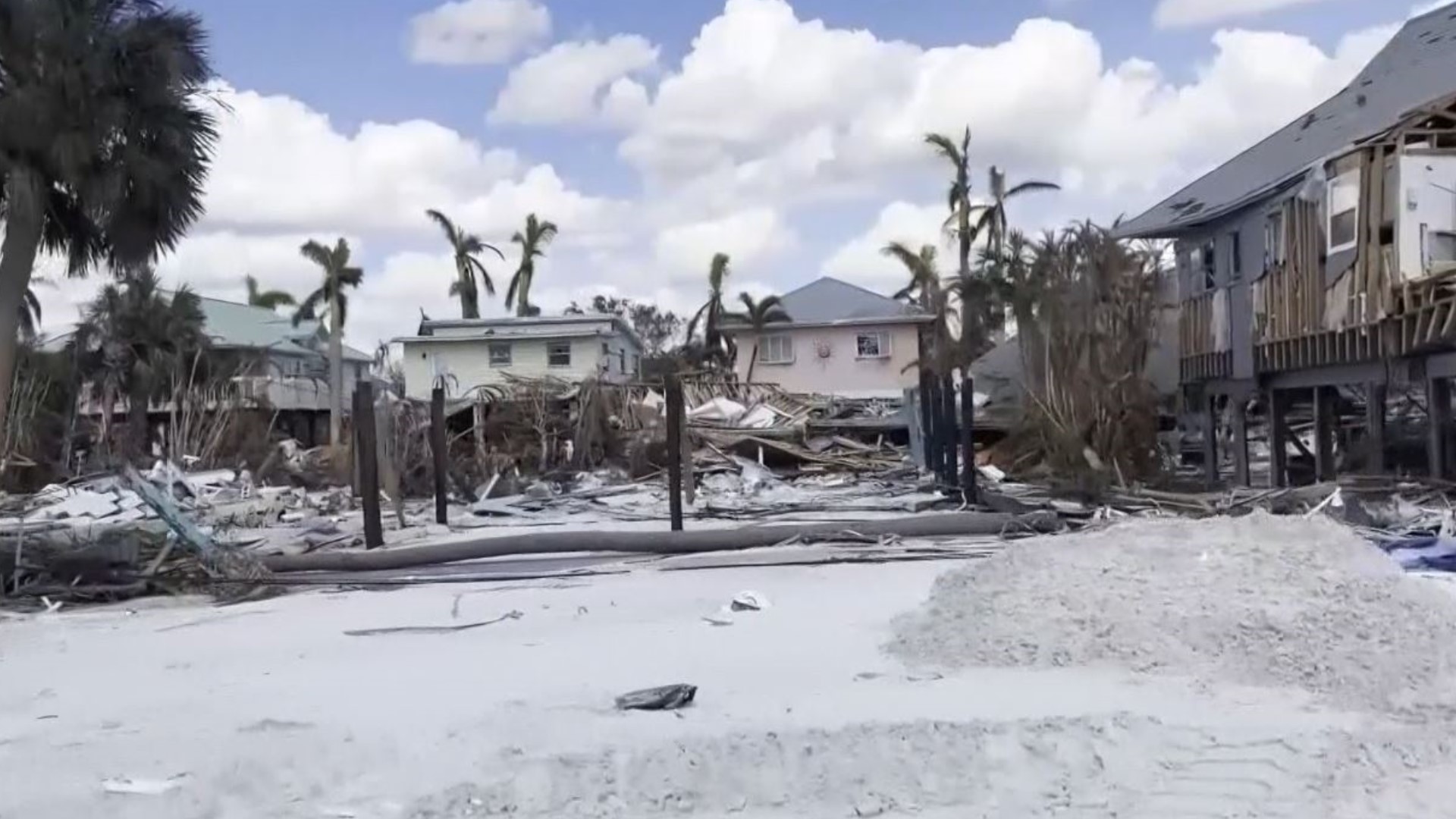ST. PETERSBURG, Fla. — As the tropics continue to heat up this hurricane season, do you know if your home is protected if damaging weather heads our way?
Insurance expert Mark Friedlander says if you need to update your home insurance policy to make sure you’re adequately protected, you should still have time to make changes this hurricane season if you act fast.
“Typically, until the National Hurricane Center issues storm watches or warnings, you can make changes to your existing policies,” he said.
That’s for home insurance, but when it comes to flood insurance, things can be trickier.
Friedlander says it can take longer for those modifications to take effect, so last-minute changes before a storm could still leave you at risk.
“If you don’t have flood insurance today, it’s going to be too late for any storm that hits next week,” he explained. “You need to plan in advance for flood insurance, typically 30 days.”
For people who want to ride things out with low or no insurance coverage ahead of storms this hurricane season, Friedlander says you’re taking a risk if your home takes on major damage.
“FEMA will step in and help you with emergency funds, and perhaps emergency housing, but FEMA is not an insurance policy,” he said. “If your home is severely damaged or destroyed by a storm, FEMA is not going to pay to rebuild it…without adequate insurance, you’re taking a chance.”
According to Friedlander, people may also want to check on their auto insurance policies to make sure they have storm loss coverage on their vehicle to make sure they’re set in the event of flooding, trees falling on their vehicle, or other issues that can blow in with these big storms.
Some additional hurricane readiness tips Friedlander shared from the Insurance Information Institute included:
- Review your evacuation plan and, if you have a pet, your pet's evacuation plan
- Make sure your hurricane kit includes a minimum 14-day supply of non-perishable food and drinking water (one gallon per person, per day) for all family members and pets, as well as a two-week supply of medications for everyone in your household – including pets!
- Write down the name and phone number of your insurer and insurance professional and keep this information either in your wallet or purse
- Purchase emergency supplies, such as batteries and flashlights
- Fully charge your cell phones so you can receive weather alerts
- Prepare your yard by removing all outdoor furniture, lawn items, planters and other materials that could become airborne due to high winds
- Fill your car's gasoline tank

